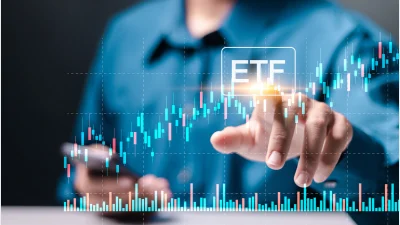Key economist points to growth in 2014



The developed countries will lead the way in a general pick-up in the global economy next year, according to the chief economist of Bank of New York Mellon, Richard Hoey.
Discussing the outlook during a Money Management/Super Review roundtable in New York, Hoey said his expectation was that the global economy would improve to some degree in 2014 — led by improvement in the developed countries, not by the emerging countries.
"If you take a look around the world the data in the UK has strengthened, in terms of Europe the double-dip recession did persist into the early part of 2013 and the good news is that double-dip recession is over," he said.
However Hoey said the bad news is that the pace of growth in the European recovery both in the first year and over the next several years is expected to be relatively sluggish.
"Nonetheless this has to be seen as positive change," he said.
Hoey also pointed to improved economic growth in the US, predicting around three years of three per cent growth.
The roundtable also pointed to China's economic growth stabilising at around 7.5 to 8 per cent. While this represented good news for Australia, BNY Mellon's Australian-based vice-president, intermediary relationships, Brigette Leckie said the outcome of the recent Federal Election posed an X-factor
She said that if the Senate proved to be more right-leaning than expected, the Government might move to higher levels of structural reform, including labour market reform, than had been expected.
Recommended for you
Ten Cap has announced it will launch its first active ETF on the ASX later this month, expanding retail access to its flagship Australian equities strategy.
Flows into cash and fixed income ETFs rose by 46 per cent in October with investors particularly demonstrating a preference for Australian credit ETFs as they move away from AT1 bank hybrids.
Having identified Australia as a growth market, J.P. Morgan Asset Management has collaborated with Betashares to offer two multi-asset managed portfolios on its Direct platform, the first funds on the platform from an external manager.
First Sentier has announced it will transition the Stewart Investors investment management responsibilities to its affiliate investment team in light of three senior portfolio manager exits.











